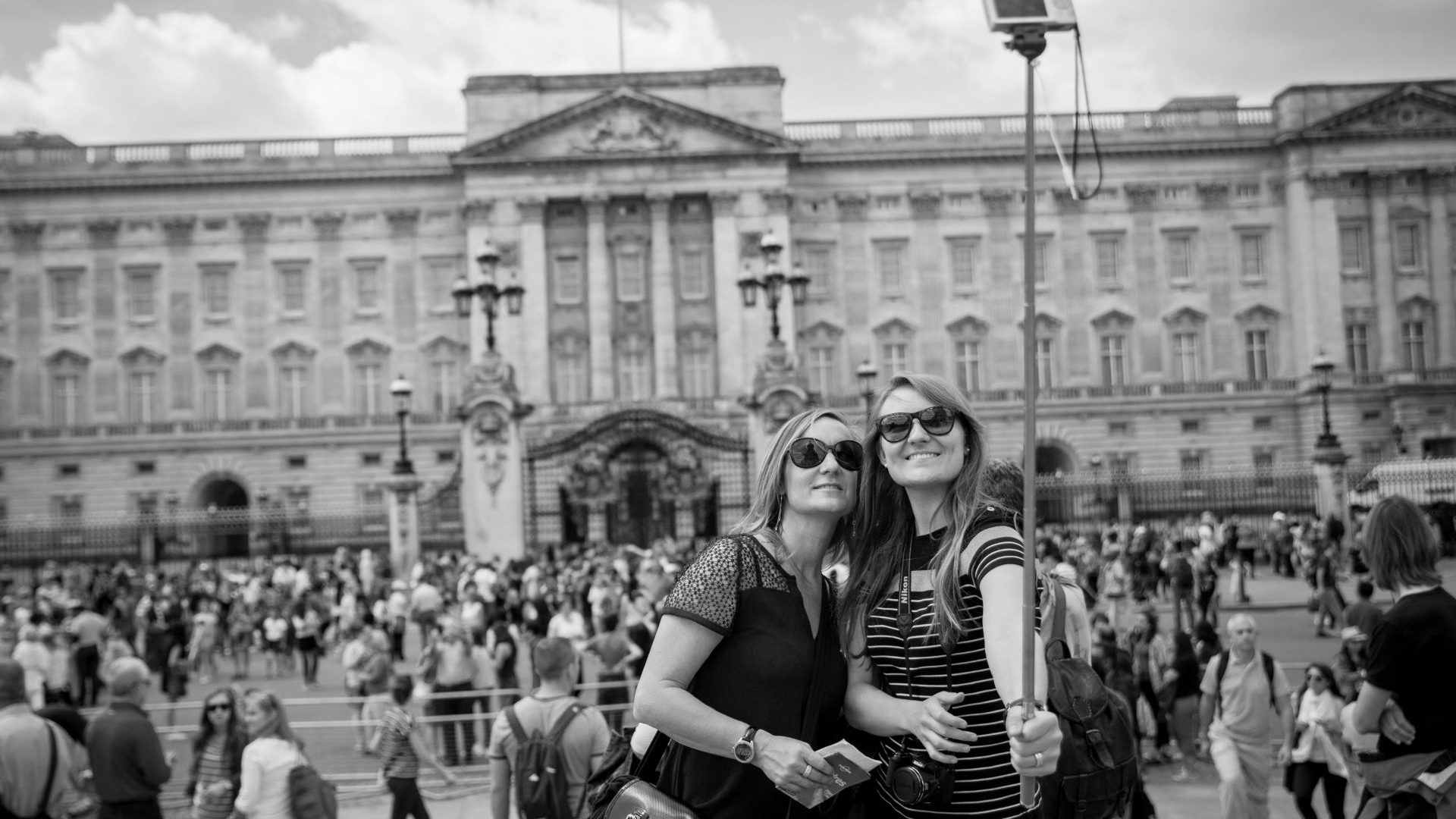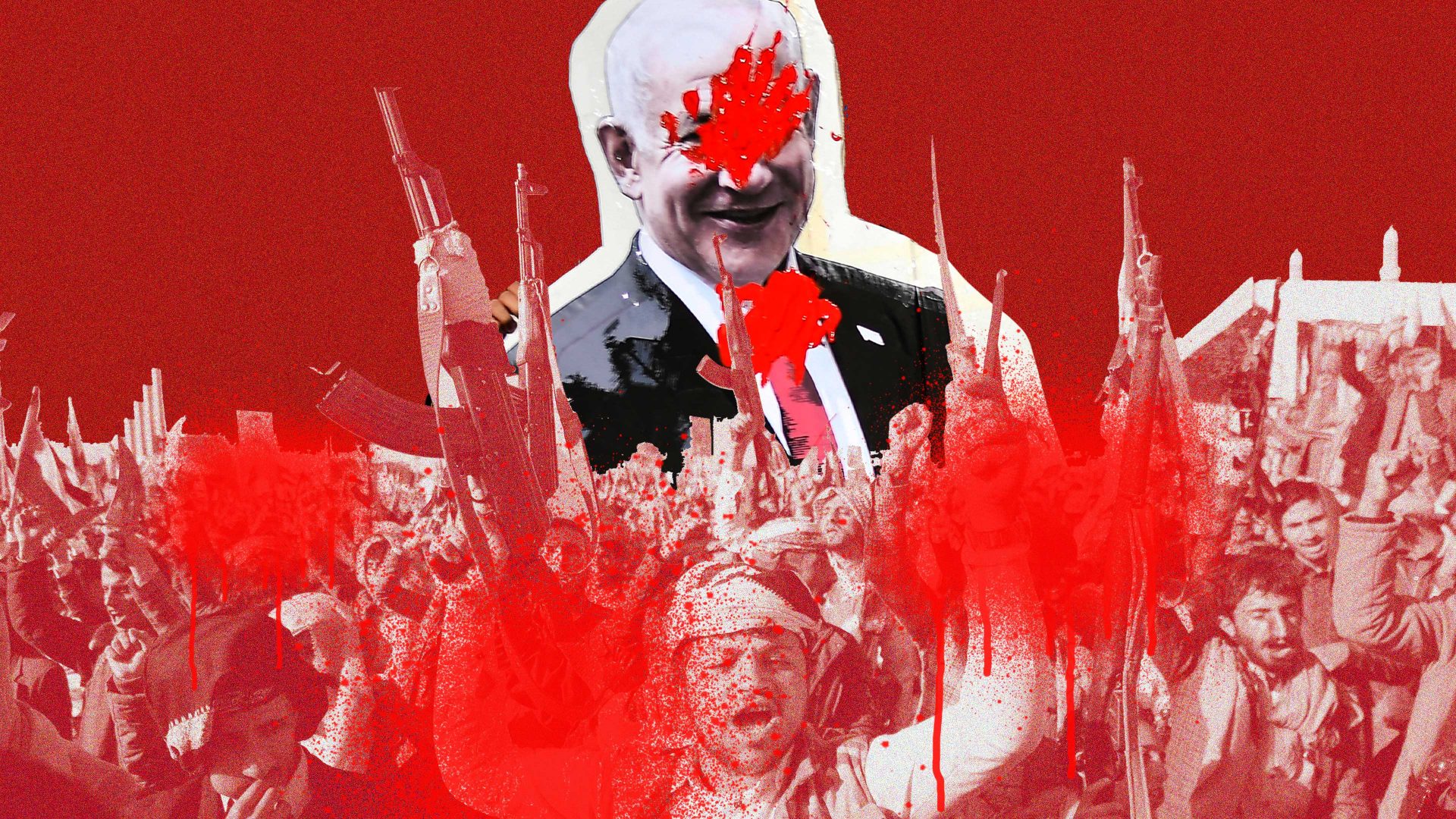Easter’s place in the calendar may be erratic but it traditionally marks the start of the UK’s tourist season, and this year proved no exception. As heavy industry has exited, tourism, both international and national, has assumed an increasingly important position as an income generator, and a source of employment.
But, just as the sector is recovering from the drastic effects of the pandemic, one of the most important factors in driving tourist spending is under threat: the broad cultural offering for which the UK is justly renowned, is struggling.
A dire combination of escalating overheads, reducing government subsidies and an increasingly cash-strapped local market is taking its toll. Add to that the labour shortage now endemic in the hospitality sector in the post-Brexit environment and the outlook is more Edvard Munch than Claude Monet.
The difficulties are impacting across the board, from museums and galleries to historic castles and relatively modern theatres. Even West End performances of the regularly packed-out The Lion King are rounded off with a member of the cast rattling a begging bowl and announcing a collection for hard-pressed theatres.
Yet it is just these assorted venues that bring overseas tourists, and their very welcome currency, to the country. The National Brand Index, which annually quizzes people from 20 different countries, excluding the UK, about what influences their choice of holiday destination, consistently finds culture and heritage amongst the strongest three or four motivators. (It is not flattering to note that the UK’s ranking against other nations for “Welcome” dropped to 19th out of the 60 cited in the survey, its lowest-ever rating. I shall refrain from comment for a moment as to why that might be the case.)
In 2022, overseas tourists spent £26.5bn in the UK, still down 7% on the pre-Covid level of 2019, or a whopping 17% once inflation is taken into account. The EU accounted for a significantly lower proportion of visitors, despite its close proximity: the number of visits from the bloc was 23% lower than in 2019 while those from North America were up by 2%.
Perhaps perceptions about the welcome, post-Brexit, are playing their part in travel decisions. If the government, present and future, is to stand any chance of coming close to achieving its declared growth objectives, then growing international tourism will be vital. Turning round a reputation for being unwelcoming sounds like a long-term project yet preserving the assets which do bring in the visitors requires more than a change in attitude: it takes investment.
Yet the shortage of cash which is already hitting public services can only impact negatively on the museums, galleries, heritage and arts for which the UK has a justified reputation.
The Department for Culture, Media and Sport cut back its total funding for arms-length bodies in the arts, sports, libraries and heritage sector by 14% in 2022/23 and it was not a vast sum, around £1.26bn, before the reduction and inflation bit.
With vital services such as social care and the National Health Service now desperate for increased funding and local authorities going bust at an unprecedented rate, the pressure on government spending can only increase.
Whoever is in power will find it very hard to justify increased spending on the arts or culture when the media is highlighting, as it inevitably will, people dying because of NHS waiting lists or a homeless family being shunted around a succession of miserable bed-and-breakfast establishments. However justified it may be, the argument that the arts bring benefits to all will not carry any weight.
So it is time for the UK’s much-vaunted creative sector to live up to its name and push for some changes. The most obvious is a tourist tax.
Visitors to most major European cities are used to seeing a daily charge added to their accommodation bill. Last September the UK government insisted it had no plans to change the law that prevents the imposition of such a locally imposed tax but cities including Manchester and Liverpool have found limited ways around the ban. But a tourist levy hypothecated to be given to the attractions that bring in tourists seems a logical move in the impending crisis.
Then there is the issue of charging. The UK prides itself on having so many wonderful institutions which are free to any visitor. That is a feature which should never be completely lost.
But making some times or days free to all-comers and charging for others would enable wealthier visitors to pay to visit at potentially quieter times while doing what they used to do at the majority of museums and galleries around the world: making a contribution towards their very expensive upkeep. If such heavenly establishments as Westminster Abbey and Canterbury Cathedral are not squeamish about imposing hefty charges on visitors, then their secular equivalents should surely be able to justify such an approach.
Voluntary contributions play a vital part in sustaining the broad cultural sector and governments need to continue encouraging philanthropy, for which there are already substantial tax incentives. Maybe restricting honours to those who have given generous support to genuine good causes rather than to political parties would be worth considering.
Now there’s a creative thought!




